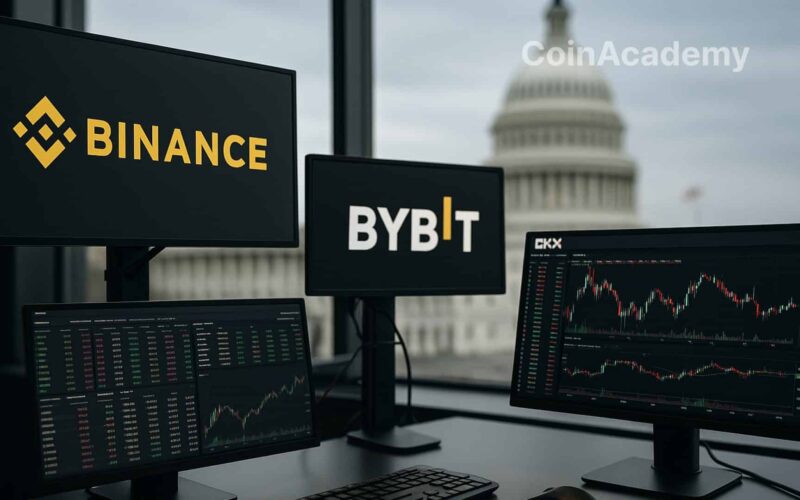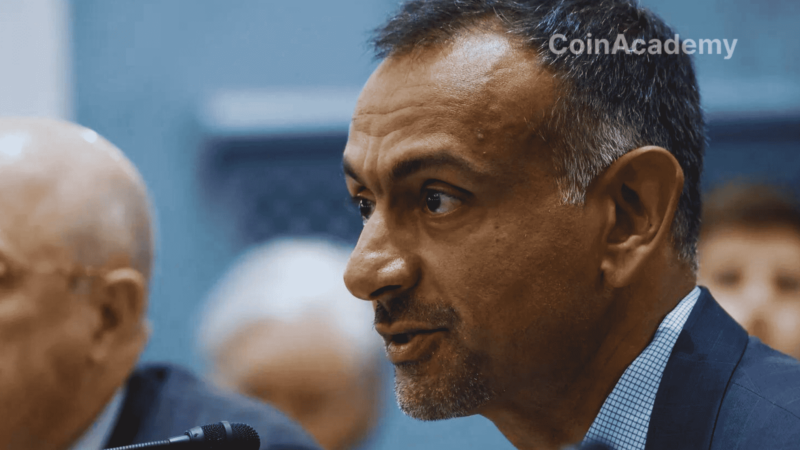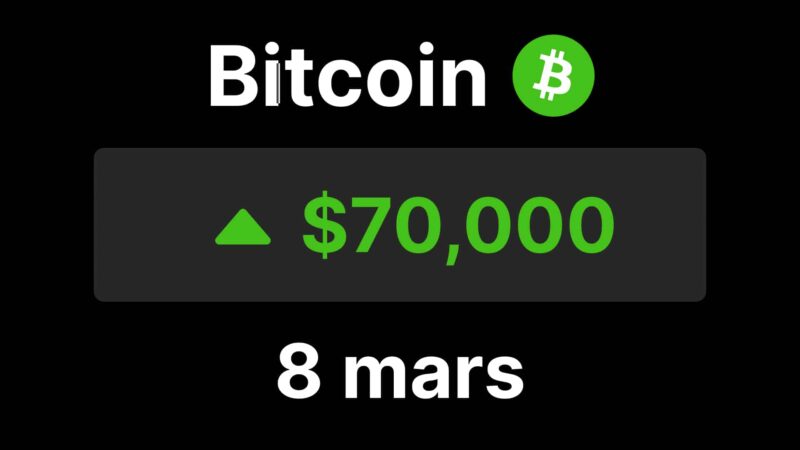The CFTC paves the way for crypto giants exiled like Binance or Bybit to legally return to the US by registering as foreign boards of trade (FBOT), without having to obtain the heavy DCM status.
Could this opening transform global liquidity and market competitiveness, potentially threatening DEXs?
The American regulatory revolution continues. The CFTC has sent a strong signal to exiled crypto giants: they could now directly reach American traders by declaring themselves as foreign boards of trade (FBOT).
A possible return for crypto exiles
For years, Binance, Bybit, OKX, and many others have stayed away from the US, choked by what they deemed as overly hostile regulations. Now, the CFTC is extending a helping hand. No need to become a domestic market (DCM), a heavy and costly status – registration as FBOT is enough to reopen their order books to American clients.
This means that US-based traders could soon have legal and direct access to offshore platforms that currently dominate global liquidity.
Pham at the forefront of the “crypto sprint”
Interim CFTC Chair Caroline Pham stated unequivocally:
Since the 90s, Americans have been able to trade on registered foreign exchanges. From now on, the CFTC welcomes these actors again, for efficient and secure access.
This ‘reminder’ doesn’t introduce a new rule but highlights existing frameworks. It’s a political gesture, a show of strength in what Pham calls the ‘crypto sprint,’ the strategy endorsed by the Trump administration to re-anchor the industry in the US.
An opportunity geopolitical and financial
If the major platforms seize the opportunity, the landscape could change drastically. For American traders, it ensures legal access to the global market depth, rather than being stuck in a fragmented framework. For exchanges, it’s a strong comeback to the world’s leading financial market.
It also raises a competition issue: faced with Europe and MiCA, structuring the ecosystem since 2024, Washington seems determined not to let go of crypto finance leadership.
A CFTC in transition but offensive
Behind the scenes, regulation remains fluid. Trump has nominated Brian Quintenz, a former pro-crypto commissioner, to head the agency. While awaiting Senate confirmation, Pham is using her interim role to support sector actors.
Even with just two out of five members, the CFTC is moving fast. And its message is clear: the era of banning is over. The US wants to reclaim its position as a global crypto hub by providing a clear framework for foreign exchanges.
Direct impact on markets
This opening could boost liquidity on derivative products accessible from the US, further narrow spreads between platforms, and reduce the need for VPNs or opaque structures. Ultimately, it could also strengthen the institutional legitimacy of the American crypto market in the eyes of traditional investors.
Now, the ball is in the exchanges’ court. Those who seize this opportunity could mark a decisive turning point in the history of crypto regulation in the US.




